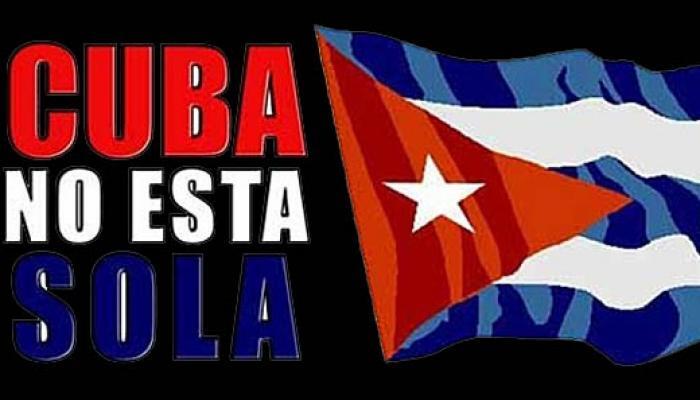Brussels, April 18 (RHC)-- The European Union and Canada issued a joint warning to the United States following the announcement that it would enforce Title III of the controversial Helms-Burton Law, which will permit lawsuits against foreign investments in Cuba.
"The EU and Canada consider the extraterritorial application of unilateral Cuba-related measures contrary to international law," the EU's High Representative for Foreign Affairs and Security Policy Federica Mogherini and Trade Commissioner Cecilia Malmstrom said in a statement that was also signed by Canadian Foreign Minister Chrystia Freeland.
The Helms-Burton Law was signed on March 12, 1996, during Bill Clintons Administration, with the objective of disrupting foreign investment to the island and accentuating the economic effects of the economic blockade.
Through the application of its Title III, U.S. citizens could sue in their countrys courts those persons and entities that conduct business with about 200 state-owned institutions in Cuba that were nationalized after January 1, 1959. However, since Clintons administration, the U.S. had avoided the implementation of this measure by issuing temporary six-month suspensions.
A usual practice because the full enforcement of the Anti-Cuban law would imply massive damages not only for Cuba but for U.S., Canadian, and mainly European interests, as the bloc is the largest foreign investor in the island and the countrys top export market.
The EU has argued that the law is illegal under World Trade Organization rules because it affected entities outside U.S. territory. Yet after negotiations with the U.S., a waiver was agreed upon, in 1998, to avoid the act affecting European businesses. In return, the EU dropped a challenge in the WTO to the U.S. legislation.
The waiver ends May 1st and the policy change to allow suits begins on May 2nd, Secretary of State Mike Pompeo announced from Washington, DC on Wednesday. The European Union has threatened to sue after the WTO, once again.
Meanwhile, Canadian officials said that the country will review all options in response to this decision. Its law allows counterclaims to be submitted to any U.S. complaint regarding commercial ties between Cuba and Canada.
This new enactment of sanctions comes as a bid to pressure Cubas government for supporting Venezuela. Back in March 2019, the Trump administration allowed already the filling of lawsuits against more than 200 Cuban companies included in a unilateral list of sanctions. While Senators Marco Rubio, a Republican from Florida, and Bob Menendez, a Democrat from New Jersey, presented a bill before the U.S. Congress to prohibit the official recognition and rights of Cuban trademarks in the United States.


